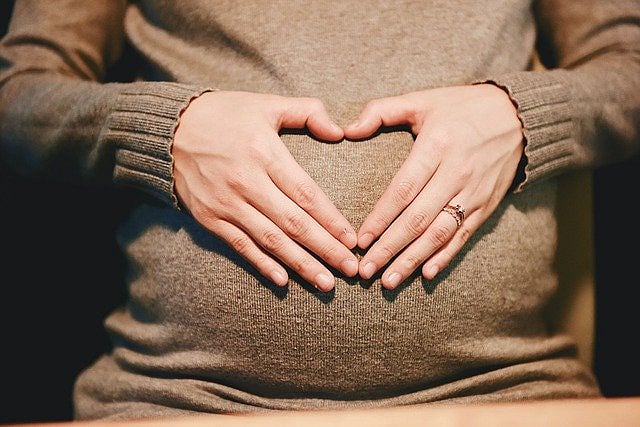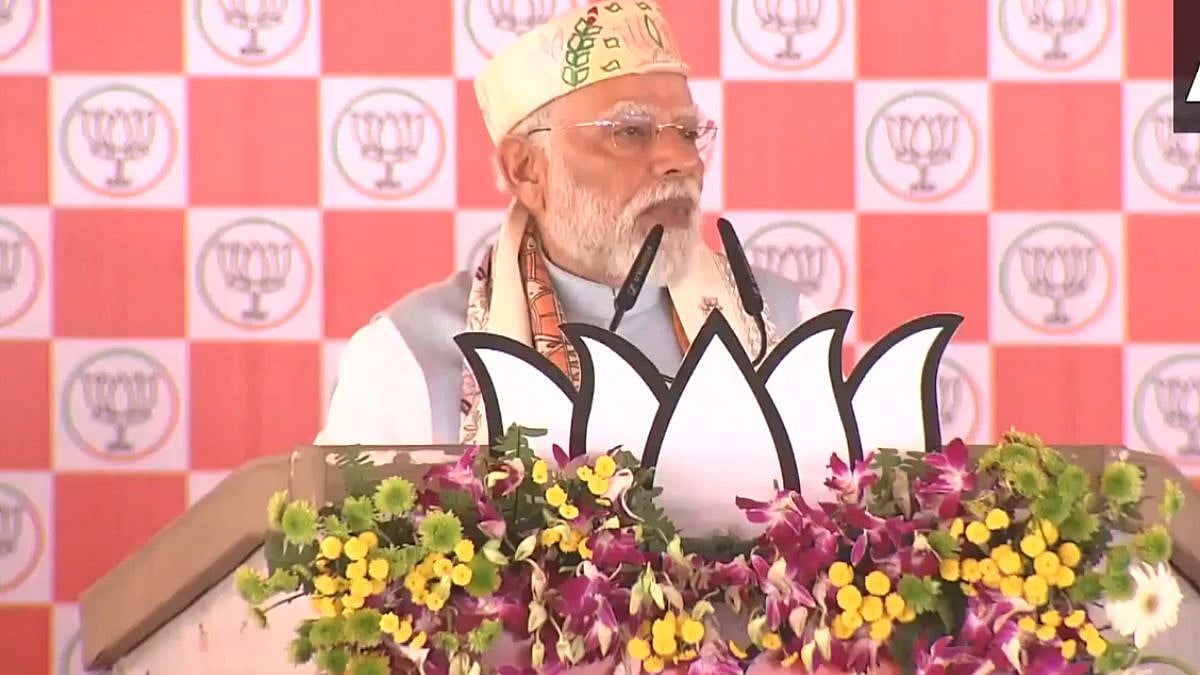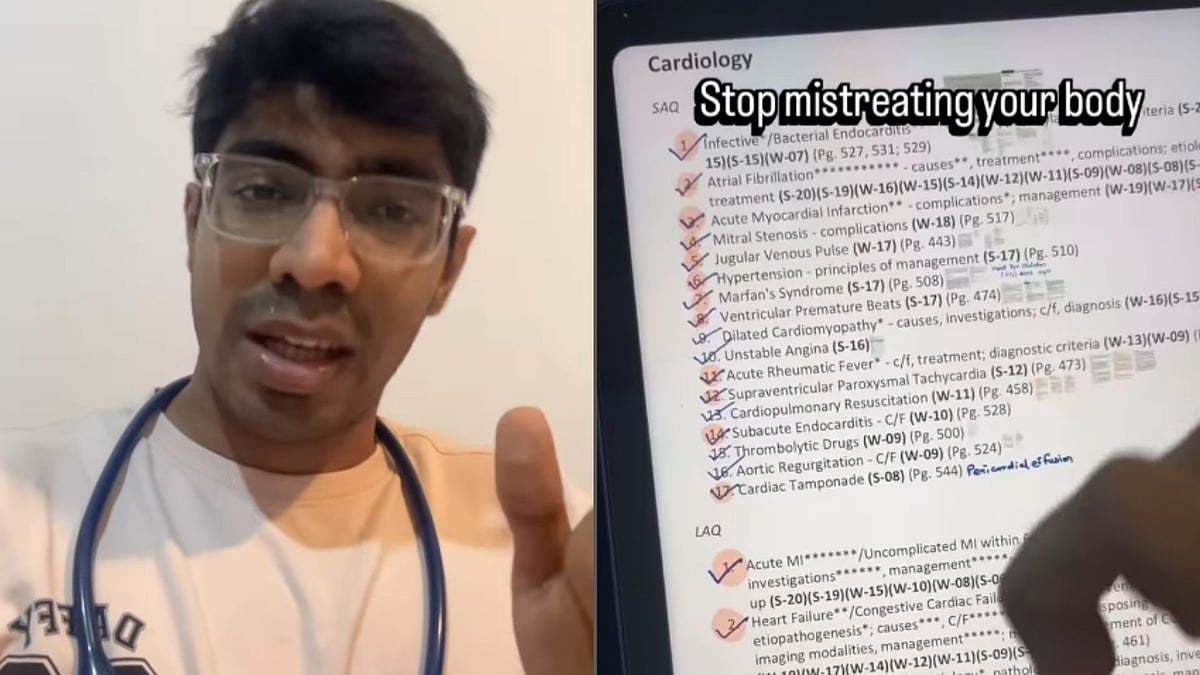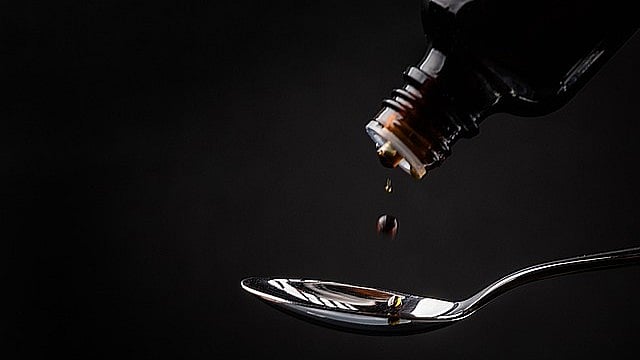New Delhi: While we all have hit the panic button because of the outbreak of the pandemic, women who have conceived during this period or those who are due to deliver anytime soon, may be worried more.
Dr Vaishali Joshi, senior Obstetrician and Gynaecologist at Kokilaben Hospital, Mumbai offers simple guidelines that one can follow in such situations.
Conceived during quarantine
Considering the monotony and dullness in most homes, this news of becoming parents brings a sense of excitement in the couple and at home. However, at the same time it is a cause of worry too, as the process of checkups and otherwise is not the same as it would be in a normal situation.
Dr Joshi provides basic guidelines to new moms through this process:
Urine test: If a woman has missed her period or has any symptoms of pregnancy then they should do a simple urine test at home early morning. The urine tests are pretty sensitive but not very accurate as sometimes the line may come after a long time or it comes very light. In such cases, this test can always repeat it after 4-5 days just to be more sure/confirm and then can consult the doctor.
Tele-consultation: It is going to be a new way to connect with your doctor. Considering the situation, most of the doctors are doing tele-consultation which can help to guide patients.
Folic acid: If a woman thinks she is pregnant they should start taking folic acid tablets, which is important for baby's early development.
Tests: Ideally if there wasn't a lockdown, the first consultation would be to confirm the pregnancy by blood tests of pregnancy hormone or by doing sonography - a viability sonography. When we do a viability scan we also do a pregnancy blood test which checks your blood group, hemoglobin, sugar, thyroid hormone level, infection screening like hepatitis, HIV, thalassemia screening, sugar testing. This is followed by the nuchal scan, between 11-13 weeks with a double marker test. These are very important tests that we do early in the first trimester.
Looking at the current situation, Dr. Joshi further added: "Considering the circumstances, unprecedented, so that the woman doesn't need to step out of the house and limit her exposure to COVID-19 infection, the above mentioned tests can be clubbed with the Nuchal sonography done in 11-13 weeks and double marker test. Whatever we do, we need to judge the benefits of stepping out of the house as against the risk the woman can be subjected to of catching the infection. Keeping all this in mind, it is advised that the pregnancy test be done at home, while the blood test and the sonography can be delayed directly to the 11-13 weeks scan along with the other pregnancy tests."
"However, if there are any issues or complications when conceived, like pain in the stomach, bleeding or health issues prior to conceiving then she will have to visit the doctor prior to the nuchal scan. That's at the discretion of the doctor.
So in short, do a urine test at home , if it's positive in a healthy woman continue with folic acid tablets, just be in touch with your gynecologist/obstetrician, to see what you need to do regarding further testing. They are the best people to guide you!" she added.
Delivery during quarantine
There are 2 scenarios to consider in such situations. If you are a healthy mother due soon without complications and being tested positive in Covid19!
Talk to your doctor: Talk to your obstetrician or gynecologist as they may be visiting multiple hospitals and they may be able to guide you better so that you don't lose your continuity of care with your doctor. Place of delivery may change.
Hospital status: Considering that quite a few hospitals are closing down or restricted to Covid19 cases or emergency cases, the most important thing is to be aware and in touch with the hospital to know whether they are open or closed due to quarantine. If open, you can continue with your current plan of care and delivery.
Go cashless: Now-a-days, people are opting for cashless payments. Check with your insurance agents and find out the other hospitals on the list and you can connect with those hospitals as well, check their availability of last minute acceptance and terms and conditions at that point of time so you don't need to run around looking for a hospital at that time.
Public transport: is a problem in the current scenario. If one doesn't have their own vehicle, then alternative arrangements for a private vehicle should be made in advance. Alternatively, talk to the hospital for a transport facility or availability of ambulance so that it is available on time to transfer the to-be-mother to the hospital in time.
Another scenario: If a pregnant woman, that is to-be-mother has symptoms of Covid-19 then what she should do or if in touch with positive patients or confirmed positive then what to do:
Firstly do not panic! Transparency and honesty from the patient is important. We often hear of patients hiding and absconding. This way not only is a patient putting themselves at risk, but other doctors and healthcare workers who will be with you throughout, as you have your baby. You will infect them and that too shall close down which in turn will affect other patients. One needs to be selfless and extremely honest of their situation.
Communication is the key here. So, if you are an infected patient, inform your doctor in time and discuss the way forward with them. If there is no facility to deliver a high risk (covid19 positive) patient at the previously decided hospital then the doctor will make an alternative arrangement or guide you whom to contact. There are BMC helplines where you can call and they will be able to help you.
Check your Obstetrician's availability. Health care providers are the most vulnerable to COVID -19 infections as they can get in contact with asymptotic patients who may later become positive. In such cases the doctor may need self isolation and quarantine. Please check with your care provider.
The pregnancy doesn't make you vulnerable to serious complications as the recent reports suggest. If a positive pregnant patient is asymptotic then she can be managed with self isolation. Only symptomatic patients will need admission .
The latest update on the virus transfer to the baby through the placenta is possible, but it's not shown any harmful effects on the baby.
Having Covid-19 Corona positive doesn't mean that you cannot have normal delivery. Don't get stressed.
A mother can feed her baby post delivery in such circumstances too if she can maintain hand and respiratory hygiene by wearing a mask.









